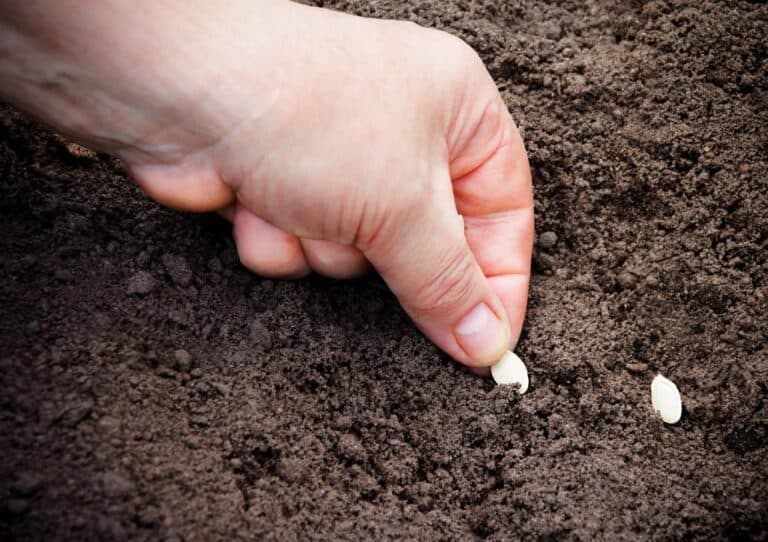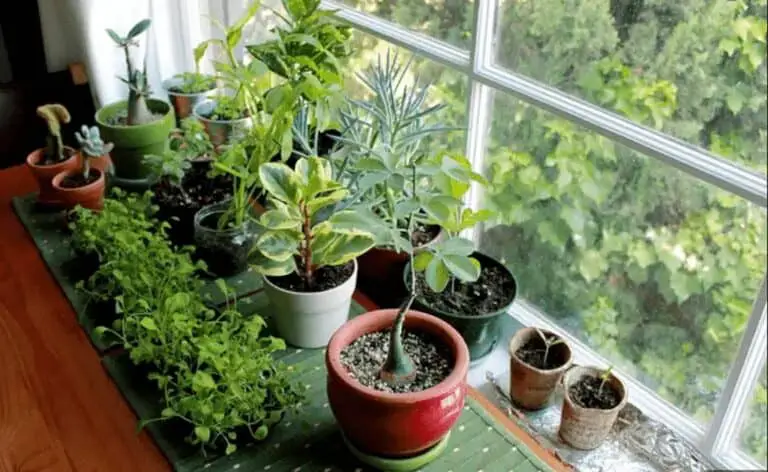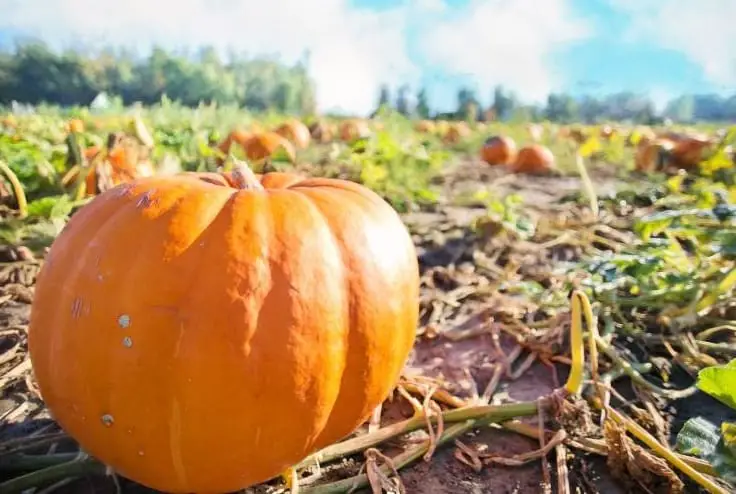How to Tell If a Chicken Has Internal Bleeding: Key Symptoms to Watch For
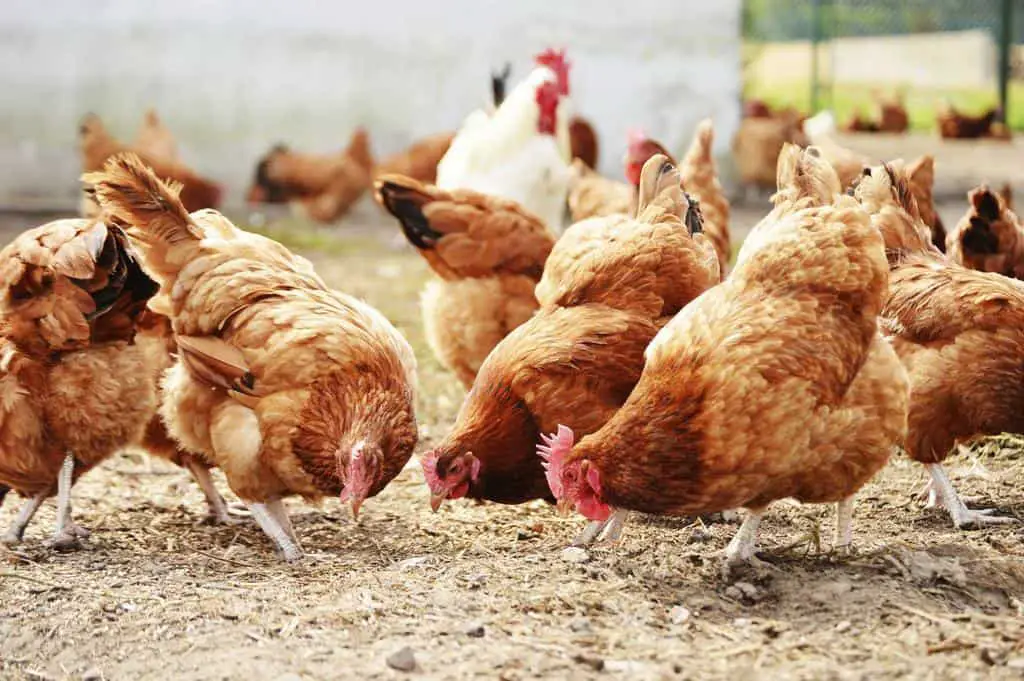
Raising chickens can be a rewarding endeavor, offering fresh eggs and companionship. However, it’s crucial to be vigilant about their health. One serious condition that can affect chickens is internal bleeding. Detecting internal bleeding early can be the difference between life and death for your bird.
In this guide, we’ll explore the key symptoms to watch for. We’ll also cover how to diagnose the issue and steps to keep your chickens healthy and thriving.
Understanding Internal Bleeding in Chickens
Chickens can have internal bleeding. It can happen due to many reasons, like trauma, disease, or injury. External bleeding is visible. In contrast, internal bleeding is hidden inside the body. This makes it harder to detect. Early diagnosis is essential to provide the necessary care and increase the chances of recovery.
Key Symptoms of Internal Bleeding
Recognizing the signs of internal bleeding can help you act swiftly. Here are the key symptoms to watch for:
- Lethargy and Weakness: One of the first signs that a chicken may have internal bleeding is a noticeable decrease in energy levels. Affected chickens may appear unusually tired, sluggish, and unwilling to move or forage.
- Pale Comb and Wattles: The comb and wattles of a healthy chicken are vibrant and red. When a chicken suffers from internal bleeding, these areas can become pale due to blood loss. This pallor is a significant indicator that something is wrong internally.
- Bruising under skin: Bruising under the skin is visible. It’s mainly on the abdomen or near the vent. It may suggest internal injuries causing bleeding.
- Labored Breathing: Chickens with internal bleeding may exhibit labored or rapid breathing. This symptom occurs because the body is struggling to circulate oxygen efficiently due to blood loss.
- Abdominal Swelling: Swelling or distention of the abdomen can indicate internal bleeding. Blood accumulates in the body cavity. This causes swelling, discomfort, and visible enlargement.
- Decreased Appetite and Weight Loss: Internal bleeding can lead to a loss of appetite. Chickens may refuse to eat or drink, resulting in noticeable weight loss over a short period.
- Blood in Droppings: While less common, you may observe blood in the droppings of a chicken with internal bleeding. This can be a sign of internal injuries affecting the gastrointestinal tract.
- Discolored Skin: In severe cases, you may notice areas of the skin that appear bruised or discolored. This bruising can occur if blood pools under the skin due to internal bleeding.
Table: Common Symptoms of Internal Bleeding in Chickens
| Symptom | Description |
| Lethargy and Weakness | Decreased energy and sluggish behavior |
| Pale Comb and Wattles | Loss of color in comb and wattles |
| Labored Breathing | Rapid or strained breathing |
| Abdominal Swelling | Visible enlargement of the abdomen |
| Decreased Appetite | Refusal to eat or drink, leading to weight loss |
| Blood in Droppings | Presence of blood in feces |
| Discolored Skin | Bruising or discoloration of the skin |
Diagnosing Internal Bleeding in Chicken
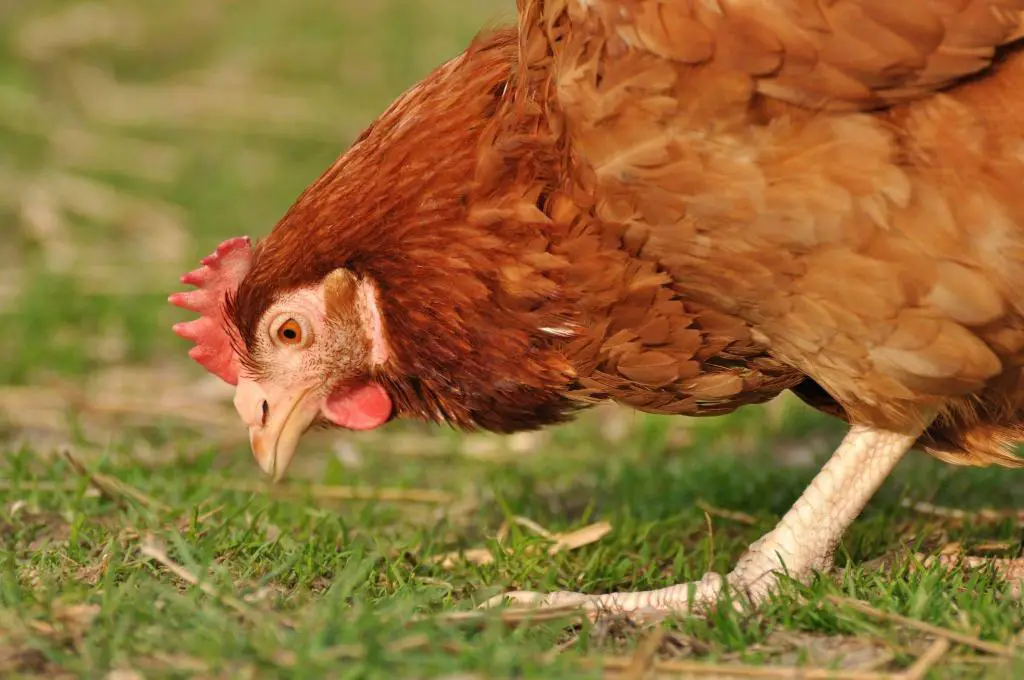
If you suspect a chicken is suffering from internal bleeding, it’s crucial to act promptly. Here’s how you can diagnose the issue:
- Observe and Record Symptoms: Keep a close eye on the affected chicken and record any symptoms you observe. Detailed notes can help a veterinarian diagnose the problem more accurately.
- Physical Examination: Gently examine the chicken for any visible signs of injury or swelling. Be cautious and avoid applying too much pressure, as this can exacerbate internal injuries.
- Consult a Veterinarian: They can do a thorough exam and may recommend tests like X-rays or blood work. These tests can confirm internal bleeding and find its source.
| Read: Free Range Chicken Requirements: Living Space and Welfare Standards |
Preventing Internal Bleeding on Chickens
Prevention is always better than cure. Here are some measures to reduce the risk of internal bleeding in your chickens:
- Safe Housing: Ensure your chickens have a safe and secure living environment. Get rid of hazards like sharp objects and predators. Also, get rid of aggressive flock mates. They could cause injuries.
- Proper Nutrition: Feed a balanced diet. It should be rich in essential nutrients. This will keep your chickens healthy and resilient. Lack of nutrients can weaken their immune system. It also makes them more prone to injuries and diseases.
- Regular Health Checks: Conduct routine health checks to monitor your chickens for any signs of illness or injury. Early detection can prevent minor issues from becoming severe problems.
- Gentle Handling: Handle your chickens with care to avoid causing stress or injury. Use proper techniques when catching or holding them to minimize the risk of internal damage.
Treatment Options for Chicken’s Internal Bleeding
If a chicken is diagnosed with internal bleeding, immediate action is necessary. Here are some treatment options:
- Veterinary Care: The first step should always be consulting a veterinarian. They can provide professional treatment. This may include drugs to stop the bleeding, pain relief, and support.
- Isolate the Affected Chicken: Place the affected chicken in a quiet, comfortable environment away from the rest of the flock. This reduces stress and prevents further injury.
- Fluid Therapy: In cases of severe blood loss, fluid therapy may be necessary to stabilize the chicken and restore hydration levels. This is typically administered by a veterinarian.
- Supportive Care: Ensure the chicken has easy access to water and high-quality, easily digestible food. Nutritional support can aid in the recovery process.
| Also read: Free Range Chickens Benefits |
Conclusion
Internal bleeding in chickens is a serious condition that requires prompt attention and care. By understanding the key symptoms, you can act quickly to provide the necessary treatment and improve the chances of recovery. Regular health checks, safe housing, and good food are key. They prevent internal bleeding and keep your flock healthy.
If you suspect a chicken has internal bleeding, consult a vet right away. With the right knowledge and action, you can keep your chickens healthy and thriving. This will ensure they keep bringing joy and productivity to your backyard or farm.




